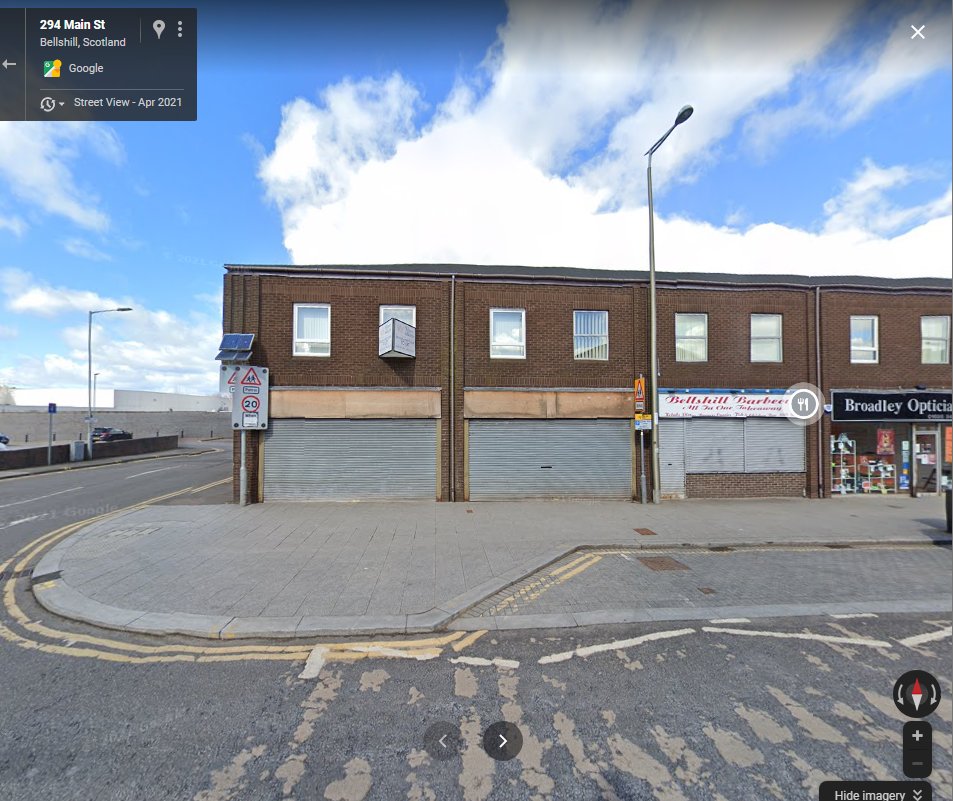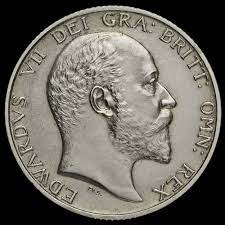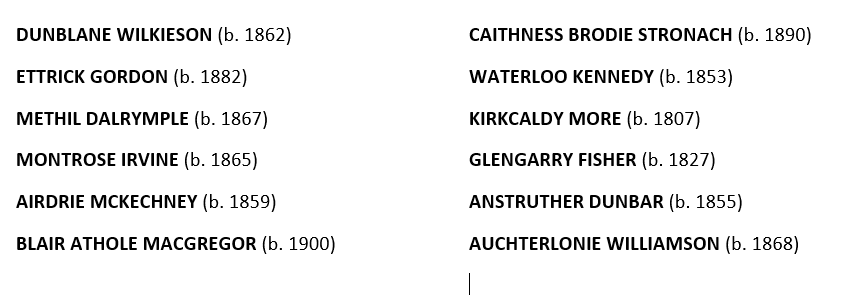Did VERA LYNN rip off a well-known Scots song and GET AWAY WITH IT?
Were there SIX PIPERS A-PERJURING in the courtroom?
Were there HIGHER STAKES beyond just a simple breach of copyright?
Read on for Lynn vs. Roberton Part Deux
#OldWeirdScotland
Were there SIX PIPERS A-PERJURING in the courtroom?
Were there HIGHER STAKES beyond just a simple breach of copyright?
Read on for Lynn vs. Roberton Part Deux
#OldWeirdScotland
https://twitter.com/WeirdScotland/status/1647870958231863296
If none of the shameless block caps clickbaiting above makes any sense to you, away and read part one. Otherwise let's dive into some post-match analysis of Lynn vs. Roberton.
Lynn et al. claimed that Travellin Home was written in isolation from Roberton's Westering Home as sung by Robert Wilson. The songwriters had not heard Wilson's record before starting work on Travellin. It wasn't the same song rewritten.
Their claim was clearly bogus. In fact, Harry Lewis told a journalist when Travellin first went on sale that he'd heard Westering Home sung and instantly "wanted new lyrics" for it. 

Vera Lynn sang exactly like Robert Wilson who used Hugh Roberton's sheet music published 1939. Seems pretty straightforward, right?
But as plaintiffs, the onus was on Robertons to demonstrate that chain of use--without any doubt.
But as plaintiffs, the onus was on Robertons to demonstrate that chain of use--without any doubt.
The first hurdle was proving that Sir Hugh's work was original. The 1939 copyright entry was for words and arrangement of music.
What does "arrangement" mean?
Did he arrange his new melody inbetween the original chorus? Or had all of it existed before he wrote it down?
What does "arrangement" mean?
Did he arrange his new melody inbetween the original chorus? Or had all of it existed before he wrote it down?

While everyone agreed the chorus was traditional, all of the Robertons' experts had never heard the verse melody elsewhere; but all of the defendants' pipers said they knew both parts long before 1939, it just hadn't been written down.
In short, because Sir Hugh opted for that nebulous term "arranged" and not "adapted" or "composed", his claim of authorship was weak.
Lynn et al. argued: The verse section is a great melody, and if Sir Hugh had composed it, wouldn't he be rightly proud enough to say so?
Lynn et al. argued: The verse section is a great melody, and if Sir Hugh had composed it, wouldn't he be rightly proud enough to say so?
Ultimately, the Robertons case didn't have the support it needed and they probably should have lost. But, was there more going on than meets the eye?
(what follows is all speculation, of various degrees of wildness)
(what follows is all speculation, of various degrees of wildness)
I think basically Harry Lewis and Decca fucked up; they heard Westering Home with Roberton's lyrics and melody and assumed it was "traditional". Roberton's heirs caught Lewis et al. out for not doing their due diligence checking the song's authorship.
Which was pretty bad considering Hugh's son had just copyrighted and started printing another version of the song less than a year before. 

I suspect Decca considered adding Roberton to the songwriting credits, but that would've been expensive to recall and reprint the discs and work out royalties etc. Instead, they assumed (correctly) that they'd win a legal battle and avoid any real embarrassment.
Which would have fallen heavily on England's sweetheart, Vera Lynn.
Lynn was on an upward trajectory in 1957. She was mid "come back" and was becoming the "nation's favourite housewife", with TV broadcasts from her luxury kitchen and puff pieces about holidays.



Lynn was on an upward trajectory in 1957. She was mid "come back" and was becoming the "nation's favourite housewife", with TV broadcasts from her luxury kitchen and puff pieces about holidays.



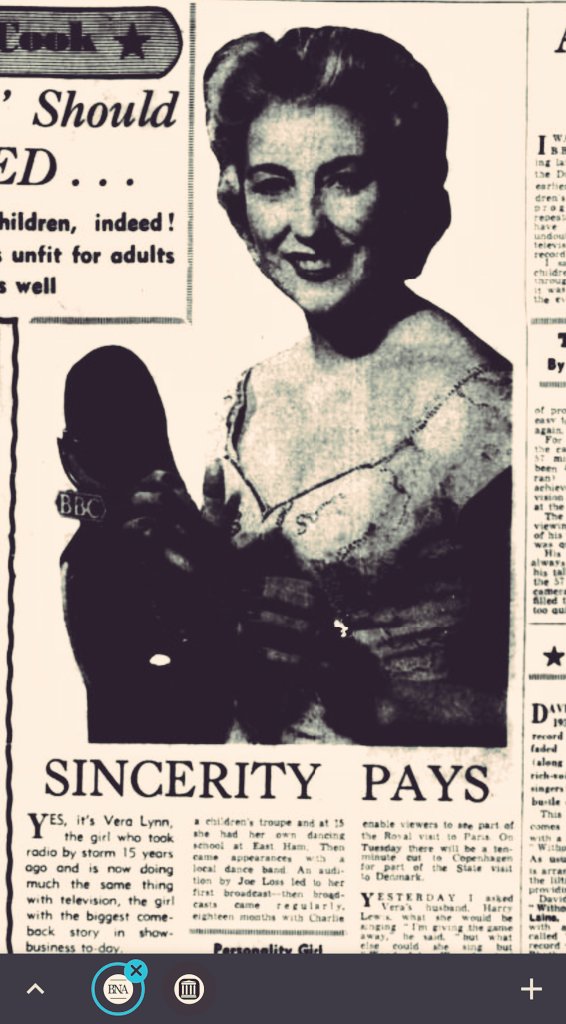
Apart from being dead, Sir Hugh Roberton was almost the complete antithesis of Vera Lynn. A lifelong socialist and pacifist, Roberton initially refused a knighthood on moral grounds, but agreed to accept it on the Orpheus Choir's behalf. 

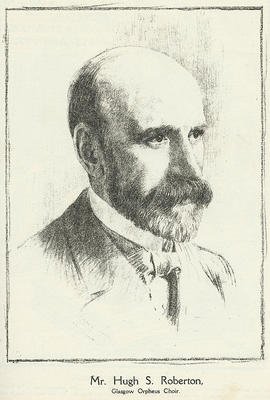

Worse still, Roberton was an *outspoken* anti-war campaigner, which was too much for the BBC, who banned Roberton and the Orpheus Choir from TV and radio. 

Roberton was also an anti-establishment republican. Until 1974, all public performances, whether concerts, theatre, or cinema, were proceeded or ended with "God Save The King/Queen"
Roberton refused. He played Auld Lang Syne instead.
Roberton refused. He played Auld Lang Syne instead.
Perhaps if Roberton's heirs had won, more than just Vera Lynn and Decca's pride finances might have been upset. This was British establishment orthodoxy vs. socialist Scottish Home Rule nonconformity. Lynn *had* to win...
... well, so said Roberton's grandson and eventual successor to the family's music publishing business. At the time, the family apparently had good reason to believe the pipers' memories of that "old Scots air" were conveniently refreshed by a payout from Decca.
I will say it's a little odd that the pipers all swore they knew the tune but none could say what it was called, but if it really was a product of the piping tradition, it's maybe less surprising that the Robertons' experts hadn't heard of it.
Conspiracies aside, there was definitely more at stake than lost royalties. If the Roberton copyright claim was upheld, it could've become precedent for similar cases involving "arrangements" of "traditional" songs.
Bad news for record labels at the height of the skiffle craze.
Bad news for record labels at the height of the skiffle craze.
As Vera Lynn and husband Harry left the courtroom to celebrate with "a champagne lunch with their record label pals", a journalist noticed the stream of music execs and record label owners leaving too. They were worried. 



And that's that. In May 1960 the High Court in London had bagpipes played in it for the very first time. I wonder how often they were heard again. 

Thanks for reading this far. I have more stories that don't fit the one or two tweet format, so watch this space.
And if this has been your cup of tea and want to buy me one, that's always cool 😊
ko-fi.com/weirdscotland
And if this has been your cup of tea and want to buy me one, that's always cool 😊
ko-fi.com/weirdscotland
• • •
Missing some Tweet in this thread? You can try to
force a refresh








